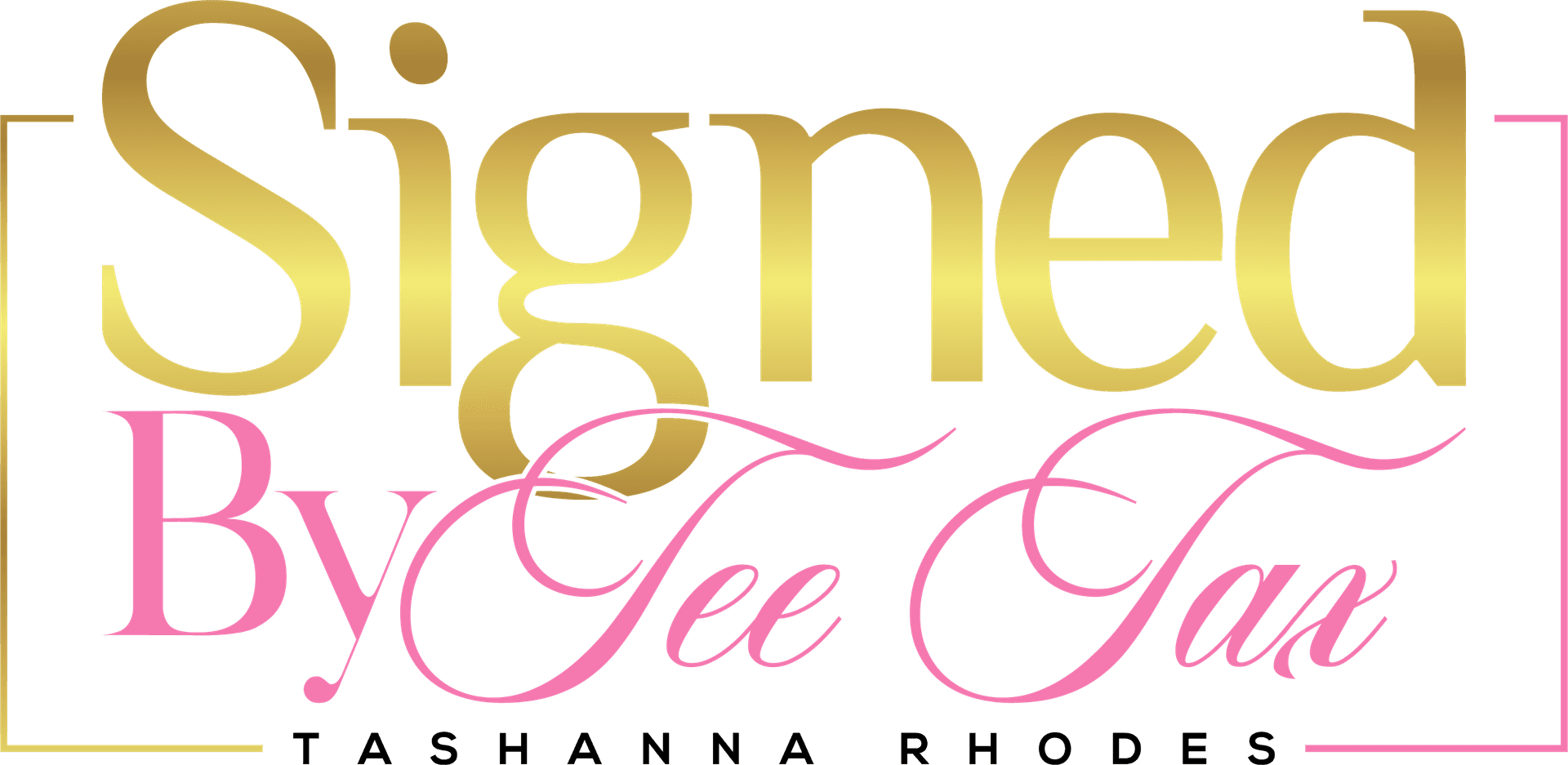The Importance of Tax Planning for Freelancers and Gig Workers
Understanding the Basics of Tax Planning
For freelancers and gig workers, tax planning is not just a financial responsibility—it's a crucial component of managing your business effectively. Unlike traditional employees, freelancers must navigate their own tax obligations without employer assistance. This requires a proactive approach to ensure compliance and optimize financial outcomes.
Effective tax planning involves anticipating tax liabilities and identifying strategies to minimize them. This may include taking advantage of deductions, credits, and other tax-saving opportunities. By staying organized and informed, freelancers can avoid surprises during tax season and keep more of their hard-earned income.

Key Tax Obligations for Freelancers
Freelancers must be aware of several key tax obligations. The most significant is the self-employment tax, which covers Social Security and Medicare contributions. Additionally, freelancers are responsible for making quarterly estimated tax payments to the IRS. Failing to do so can result in penalties and interest charges.
It's also important to understand the different forms required for filing taxes. Typically, freelancers will use a 1099 form to report income from each client, while a Schedule C form is used to detail business income and expenses. Keeping accurate records throughout the year will make this process much smoother.
Tracking Income and Expenses
One of the most effective ways to manage tax obligations is by diligently tracking income and expenses. This not only helps in identifying deductible expenses but also provides a clear picture of your financial health. Common deductible expenses for freelancers include home office costs, travel expenses, and equipment purchases.

Strategies for Minimizing Tax Liabilities
Minimizing tax liabilities requires strategic planning. One approach is to maximize contributions to retirement accounts such as a SEP IRA or Solo 401(k). These contributions can reduce taxable income while securing your financial future.
Another strategy involves taking advantage of qualified business income deductions. This allows eligible freelancers to deduct a portion of their business income, reducing their overall tax burden. Consulting with a tax professional can provide personalized strategies tailored to your specific situation.
The Role of Tax Professionals
While some freelancers may choose to handle taxes independently, enlisting the help of a tax professional can be invaluable. These experts can provide guidance on complex tax laws, ensure compliance, and identify opportunities for savings that might otherwise be overlooked.

Preparing for Tax Season
Preparation is key when it comes to tax season. Start by organizing all relevant documents, including income statements, receipts for deductible expenses, and previous tax returns. This will streamline the filing process and reduce stress.
Using accounting software or apps designed for freelancers can also simplify record-keeping and provide insights into your financial performance throughout the year. Staying organized not only aids in tax preparation but also offers valuable data for making informed business decisions.
Conclusion: Staying Ahead of Tax Challenges
For freelancers and gig workers, effective tax planning is essential for financial success. By understanding your obligations, tracking finances diligently, and employing strategic measures to minimize liabilities, you can navigate the complexities of the tax system confidently.
Remember, proactive planning and organization are your best tools in ensuring that tax season doesn't become a daunting task. With the right approach, you can focus on growing your business while keeping your financial affairs in order.
